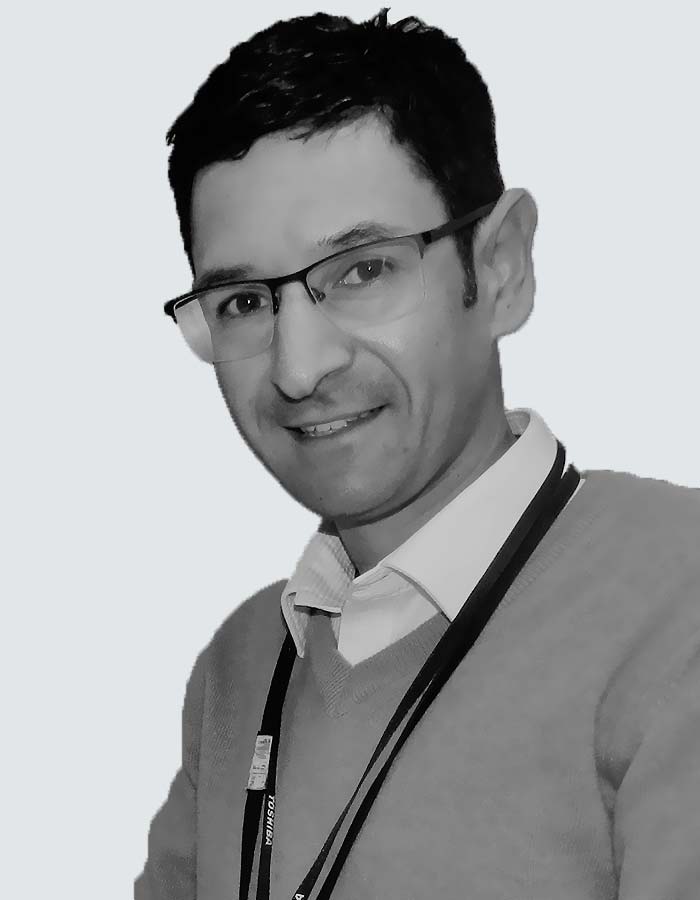Adrenal cancer is not common. This is fortunate, given that the disease can be aggressive and outcomes were historically poor. With increased awareness and scientific advance, this is changing however. Professor Gundara completed doctoral studies in Australia’s leading adrenal cancer research centre (Kolling Institute of Medical Research) and undertook surgical training in the most experienced adrenal cancer endocrine surgical unit in Australia (Royal North Shore Hospital). He has witnessed first hand how an enhanced scientific understanding of disease can impact on outcomes for diseases like adrenal cancer.
One of the biggest problems with adrenal cancer relates to a late diagnosis. Given the position of the adrenal glands, symptoms often do not occur until the disease has already progressed and is unable to be removed surgically. This is why such important consideration is given to adrenal incidentalomas as large tumours have to start somewhere, and the best opportunity to cure adrenal cancer is with surgery, when the tumour is small.
The second problem with adrenal cancer relates to the absence of effective treatments. Surgery is only good at removing the visible disease, but if it cannot be removed or has already spread systemically throughout the body, outcomes are poor. While treatments do exist, they are crude and often tolerated poorly by patients. It is for this reason that Professor Gundara maintains an active interest in the area and is in regular contact with Australia’s only dedicated endocrine tumour multidisciplinary clinic, based at Sydney’s Royal North Shore Hospital. Referral for an opinion from this group is the only way of ensuring that you are getting the best possible opinion regarding management options and access to trial based therapies where appropriate.
